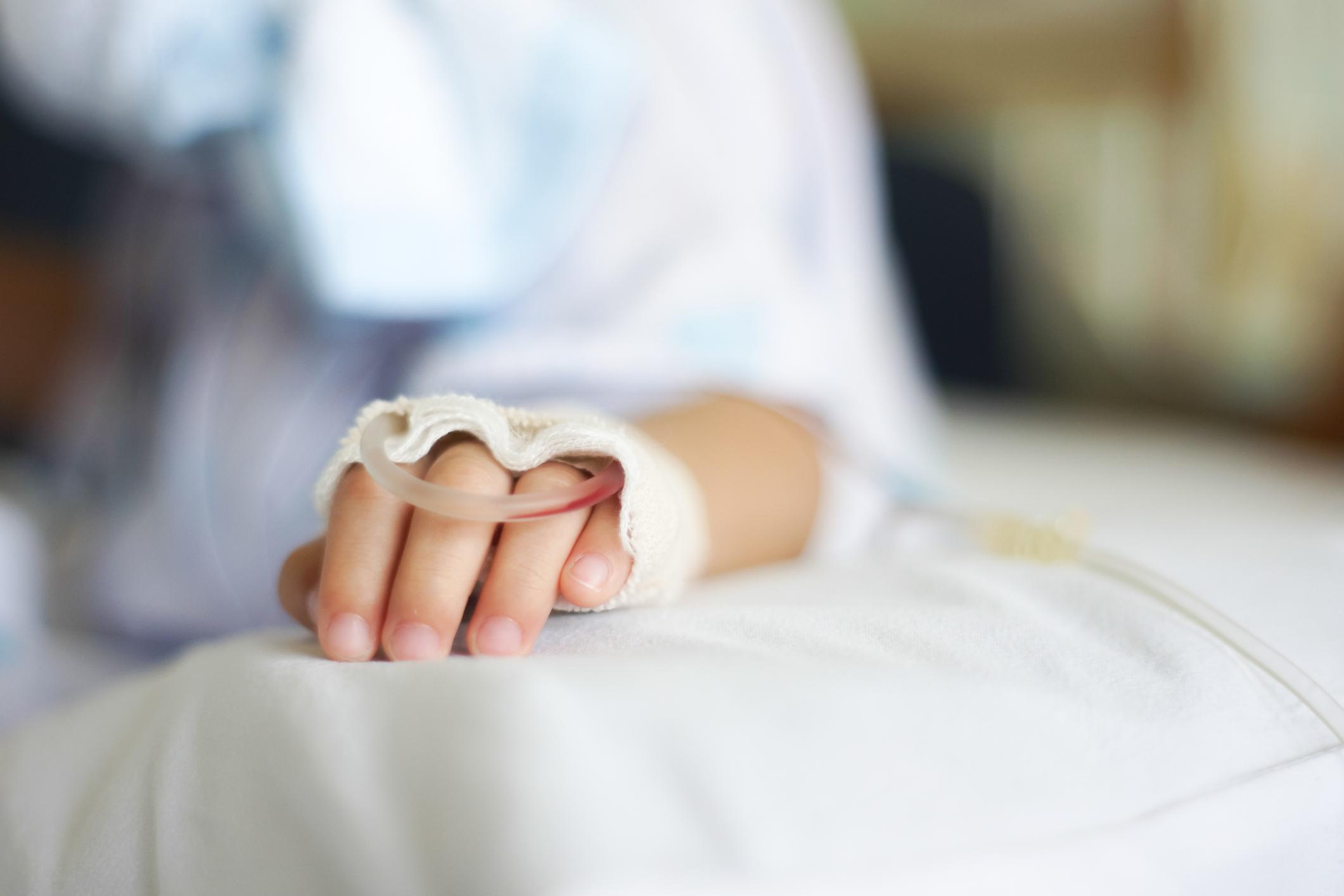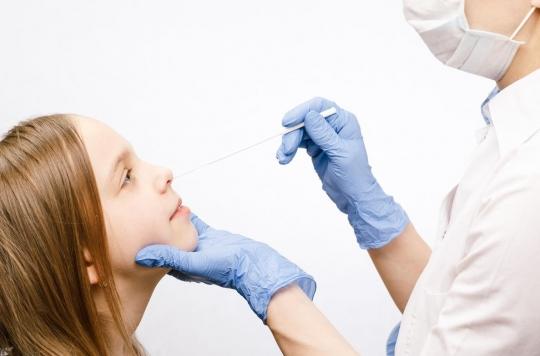Lead, mercury, benzene, chlorinated solvents … The NGO Robin des Bois has made public the diagnoses of a national campaign dating from 2012 which demonstrates the presence of these toxic substances in the soil on which nurseries and schools are built. in Paris and Ile-de-France.
Out of 40 nurseries diagnosed in Paris by the Bureau of Geological and Mining Research, the soils of 30 establishments pose a problem, as reported The world. 21 of them are classified in category B, which means that “the current installations and uses make it possible to protect people from exposure to pollution”. The 9 others belong to category C and “the presence of pollution requires the implementation of technical management measures, even health measures”.
“Confidential dissemination of the results”
The capital is not the only one to be confronted with this problem. 171 nurseries, schools, colleges and high schools throughout Ile-de-France were studied. As a result, 71 of them are problematic. These diagnoses date from 2012-2013. The Ministry of Ecological Transition had launched a campaign to identify “sensitive establishments” built on or near former industrial sites.
The Robin des Bois association deplores “a distribution of these diagnoses that is far too confidential”. After obtaining them from the Commission for Access to Administrative Documents, it published them on November 16 on his site. The NGO wants parents of students, teachers and children of age to understand to be better informed.
The mayor of Paris, contacted by Le Monde, affirms that “the situations are under control” and adds: “the expertises which we carried out with the regional health agency showed that there was no danger for health children or staff “.
Read also :
A nursery infested by fleas temporarily closes in Perpignan
Nursery: disadvantaged underrepresented children
Toxic fog: schools reopen in India despite pollution

















